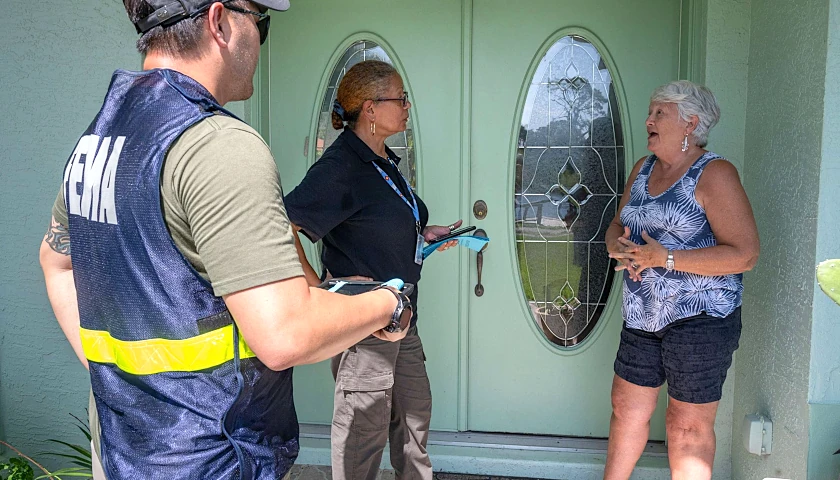U.S. Sen. Marsha Blackburn (R-TN) introduced bipartisan legislation Monday that would enhance the preparation of students in the Junior Reserve Officers’ Training Corps (JROTC) for careers in computer science and cybersecurity, she said in a press release.
The JROTC Cyber Training Act is co-sponsored by U.S. Sens. Jacky Rosen (D-NV), John Cornyn (R-TX) and Gary Peters (D-MI). Identical bipartisan legislation was introduced in the House of Representatives by U.S. Rep. Lizzie Fletcher (D-TX).
Blackburn tweeted, “By providing funding for high school training in computer science and cybersecurity, we can ensure that the next generation in uniform is prepared for the future of combat. Glad to join @SenJackyRosen to invest in this crucial aspect of rebuilding our nation’s military.”
By providing funding for high school training in computer science and cybersecurity, we can ensure that the next generation in uniform is prepared for the future of combat. Glad to join @SenJackyRosen to invest in this crucial aspect of rebuilding our nation's military. https://t.co/KYlveHOGQE
— Sen. Marsha Blackburn (@MarshaBlackburn) July 22, 2019
By 2026, the Department of Labor projects there will be 3.5 million computing-related jobs, yet the current education pipeline will only fill 19 percent of those openings, Blackburn said.
The JROTC Cyber Training Act would direct the Secretary of Defense to carry out a program to enhance the preparation of high school students in JROTC for military and civilian careers in computer science and cybersecurity. This bill tasks the Secretary of Defense to create activities such as targeted internships and cooperative research opportunities, as well as funding for training with emphasis on computer science and cybersecurity education.
This bill has the potential to bring evidence-based computer science and cybersecurity education to 500,000 students at 3,400 JROTC high schools across the U.S., Blackburn said.
Rosen said, “To meet our nation’s growing cyber-defense needs, it is pivotal that we take concrete steps to increase the number of individuals trained in the field of cybersecurity.”
Cornyn said, “By making internships and training in cybersecurity available to JROTC cadets, we can develop strong leaders to fill the growing number of computer science-related jobs in the military.”
Peters said, “Cybersecurity is essential to our national security. As we live in an increasingly interconnected world, it is critical that we have a workforce with the skills needed to prevent and combat cyber-attacks.”
The legislation has been endorsed by national computer science education organizations including AnitaB.org, Code.org, the College Board, Computer Science Teachers Association (CSTA), CSforALL, the National Girls Collaborative Project, and the National Center for Women & IT (NCWIT).
– – –
Jason M. Reynolds has more than 20 years’ experience as a journalist at outlets of all sizes.





